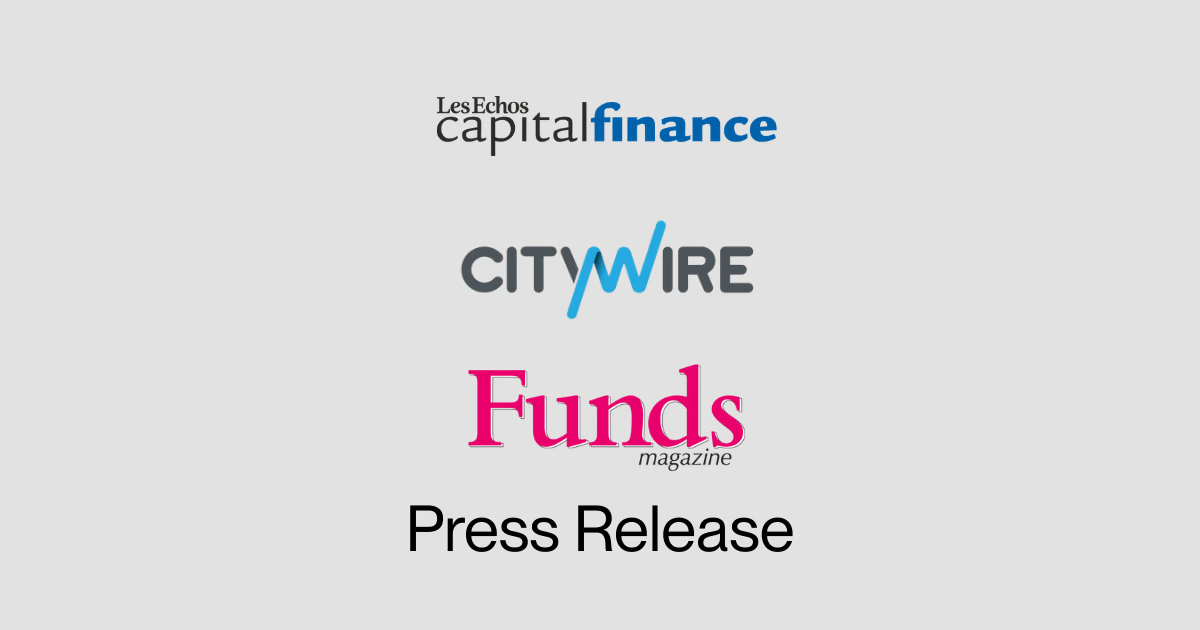
Prior to browsing this website, please carefully read the disclaimer below. It indicates certain restrictions imposed by regulations regarding the dissemination and use of the information presented regarding the products and services offered by Private Corner.
By clicking on the "I accept" box, you certify that you have read, understood, and agreed to the conditions outlined in this disclaimer, and you confirm that you are recognized as a professional client or equivalent within the meaning of French regulations.
If you are advised by a regulated third party, you must rely on them for any subscriptions.
The information contained on the pages of this site is solely intended to present the expertise of Private Corner in the field of unlisted asset management.
They are not intended to:
- provide an exhaustive presentation of alternative investment funds (hereinafter referred to as "AIFs") managed by Private Corner;
- constitute an offer or solicitation to sell shares or units of any of the AIFs referenced on this site, to anyone in any jurisdiction where such an offer, solicitation, or distribution would be deemed illegal or where the person responsible for such offer or solicitation is not authorized to do so, or to any person to whom such offer or solicitation is prohibited.
Numerous restrictions and eligibility conditions, regulatory or statutory, not described or only briefly mentioned on this site, govern the subscription or acquisition of shares or units in these AIFs, their presentation and distribution methods by intermediaries (depending in particular on the investor's place of residence), eligibility conditions related to the investor (based in particular on their financial knowledge, financial resources, regulated or non-regulated status, variable categorization from one country to another), or the minimum investment amount required by the AIF's documentation.
In general, the AIFs managed by Private Corner are only intended for professional or equivalent investors.
The risks, fees, commissions, and recommended investment horizons for the presented AIFs are detailed in the prospectus/rules of the AIFs, which are made available to the investor before any subscription.
This official documentation is only available from Private Corner or third-party partners expressly authorized or mandated by Private Corner, sometimes exclusively in a given territory and/or a defined investor segment.
The value of your investments in these AIFs and the potential income derived from them may fluctuate, both upward and downward, and are in no way guaranteed. The risk of capital loss is equivalent to the amount invested.
As a professional or equivalent investor, it is your responsibility to know and comply with all applicable legal and regulatory provisions in the relevant territory.
By continuing, I certify that I have read and accepted the content of the above legal information.





